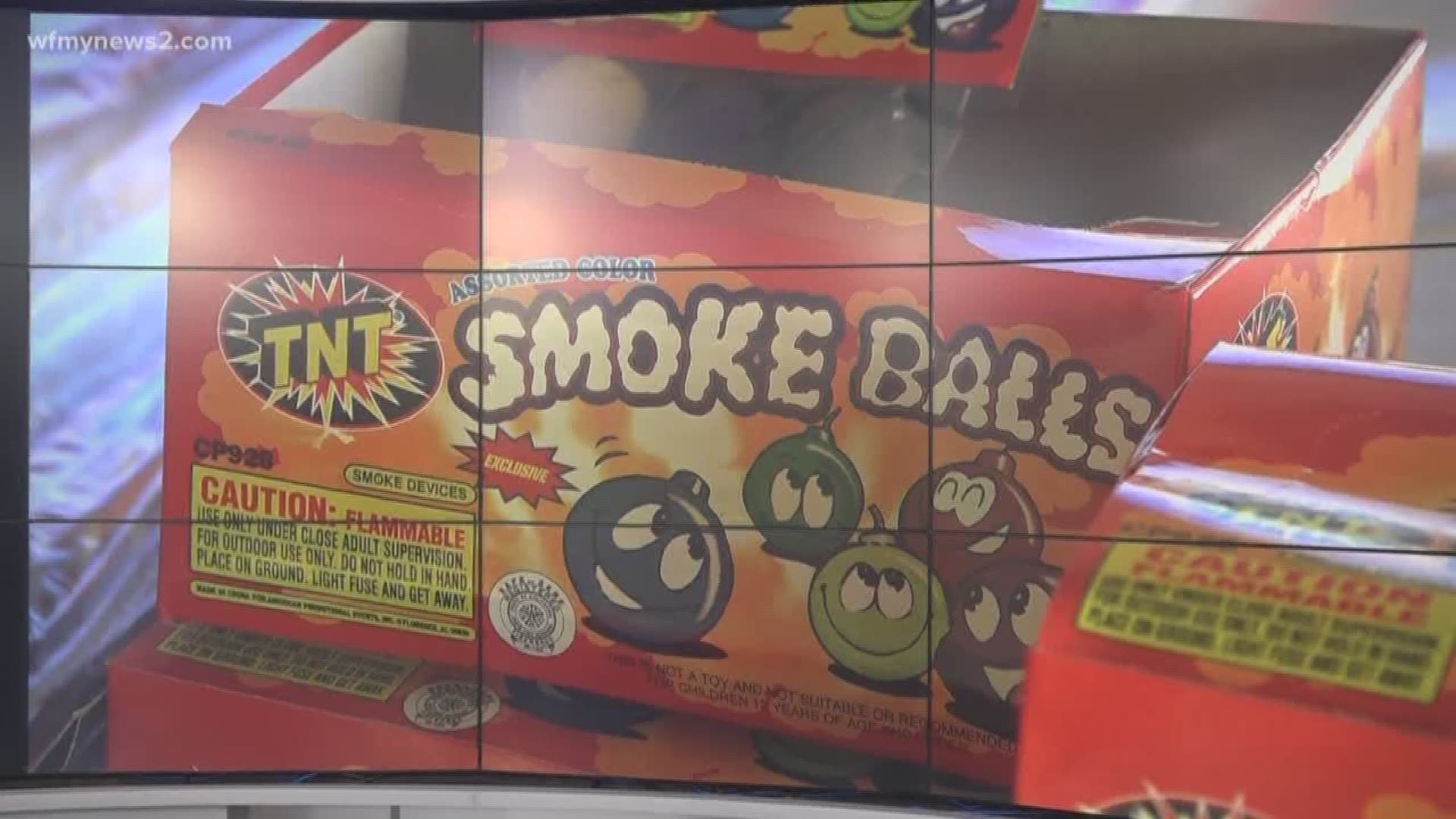GREENSBORO, N.C. — Every Fourth of July, statistics show someone is severely injured by fireworks.
In this week's 2 Your Well-Being segment, Leigha Jordan talks about fireworks safety and the best ways to keep your family out of the emergency room over the holiday.
Jordan is Cone Health's Injury Prevention Coordinator. She says sparklers and other fireworks that you buy at roadside stands create a huge risk for injury.
"Although we discourage it, if you are going to be using fireworks at home, make sure you do it away from your house, away from any other buildings, you're not using them on dry grass, that you're aware of any other leaves or shrubbery nearby and make sure you know where your kids are and any pets," said Jordan.
While most people think sparklers are safe options, Jordan says they can be especially dangerous.
The latest statistics from the National Fire Protection Association show more than 25% of emergency room injuries from fireworks are caused by sparklers.
The NFPA also found that after adults, children ages 5 to 9 are the second highest age group injured by fireworks.
On top of that, the CPSC found more than 44% of the injuries are for burns. Hands and fingers are the most injured body parts, followed by legs then eyes.
Jordan warns when in doubt, leave the fireworks to the professionals.
If you are insistent on setting them off, then take the following precautions.
- Be aware of your surroundings. Do not set off fireworks on dry grass, near pets or inside buildings
- Do not let children handle fireworks
- Always wear protective gear
- Have a bucket nearby.
- Light fireworks on the ground
- Never try to re-light or pick up fireworks that did not fully ignite.
Also, families should consider safer alternatives, such as glow sticks, confetti poppers or colored streamers.
"Those are all things that you can do, instead of having the real thing," added Jordan.

